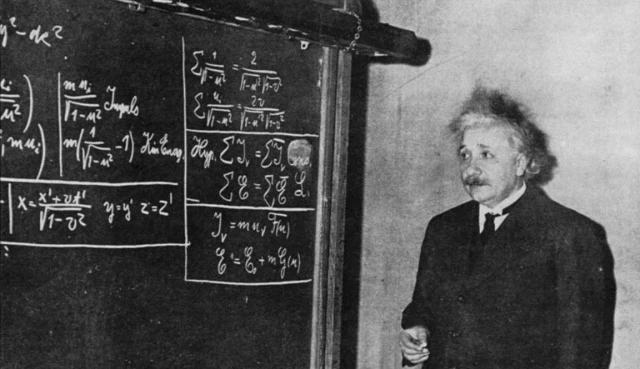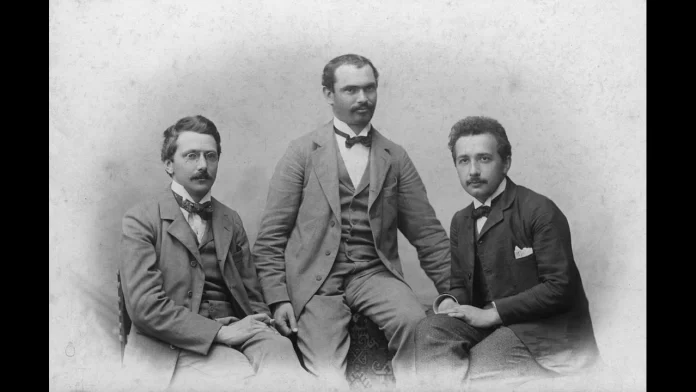Perhaps the biggest myth in all of science is that of the lone genius. Someone, somewhere, with a towering intellect but no formal training wades into a field and can immediately see things that no one else has ever seen before. With just a little bit of hard work, they find solutions to puzzles that have stymied the greatest minds prior to them. And perhaps, if you had the good fortune of coming into a field just like that, you could make those great breakthroughs that the world’s greatest professionals had all missed.
That’s the myth we frequently tell ourselves about Einstein. That he, an outcast and a dropout, taught himself everything he needed to know on his own and revolutionized the field of physics in a number of ways. In the early days, his work thinking about light gave us the photoelectric effect, special relativity, and E = mc2, among other advances. Later on, his work alone gave us General Relativity, arguably his greatest achievement. All by his lonesome, Einstein single-handedly dragged the field out of Newtonian stagnation and into the 20th, and now the 21st, centuries. Here’s why that couldn’t be farther from the truth.


